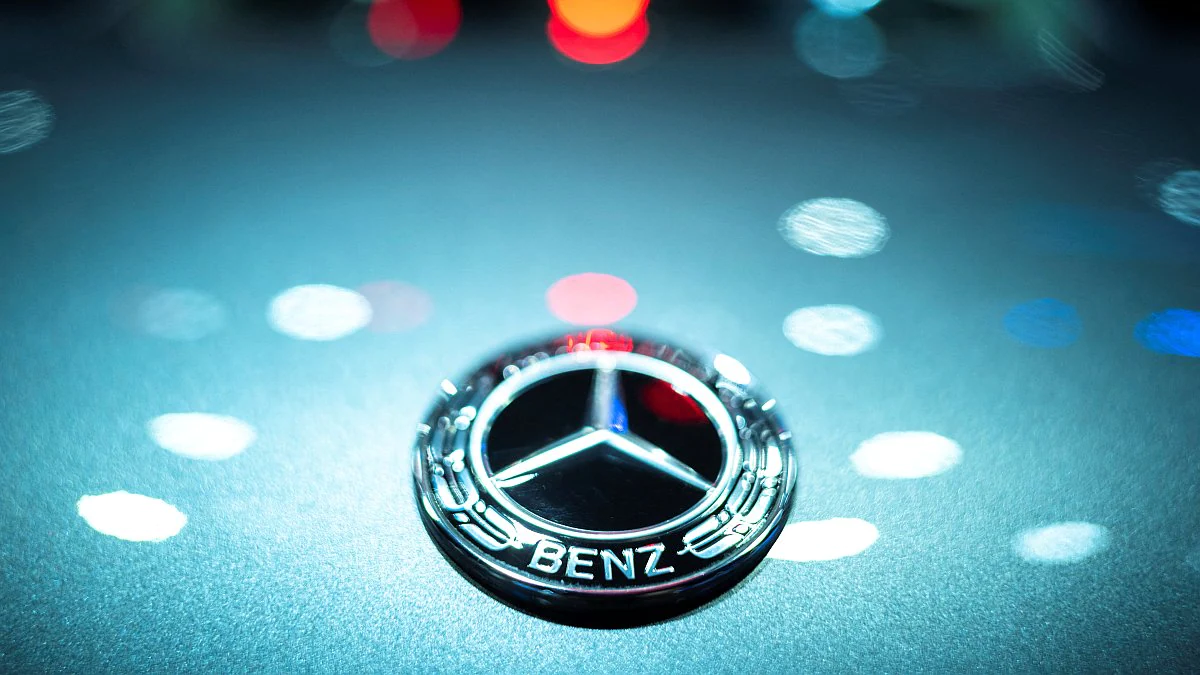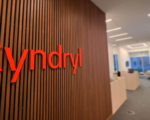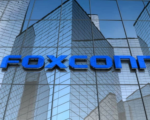Rooted in Blockchains, NFTs Emerge as Lucrative Investment Assets for the Web3 Community, Holding Inherent Values.
Mercedes, the German luxury carmaker has decided to express its stance on the controversial Web3 sector, in a rather bold and artistic way. In a revamp to its operating system, Mercedes-Benz has decided to include a digital gallery, showing off non-fungible tokens (NFTs). Built on blockchains, NFTs are digital collectibles that hold underlaying values, which makes them a lucrative investment item for members of the Web3 community. NFTs could be inspired by artworks, cartoons, game characters, or even imaginary elements.
During its recent presentation at the Consumer Electronics Show (CES) in Las Vegas, the German automaker showcased its next-generation Mercedez-Benz Operating System (MB.OS) that brings changes to its in-car entertainment provisions, Decrypt reported.
As part of these tweaks to its OS, the dashboard of Mercedes-Benz now features a new app called ‘MBUX Collectibles’. Through this app, users of these cars will be able to browse through NFTs linked to the brand. Last year, the car company had dropped its second NXT Icons NFT collection. The 18,860 digital that are collectibles part of this collection, for instance, will be shown as part of the car’s NFT gallery.
1/ We are excited to announce our next core collection, Mercedes-Benz NXT Icons, which takes you on a journey through @MercedesBenz's design heritage and features icons from both the past and present. Find out more about this collection in this thread. ↓ pic.twitter.com/6EauPdTBEi
— Mercedes-Benz NXT (@MercedesBenzNXT) August 22, 2023
The first ever NFT collection from Mercedes-Benz debuted in April last year, and it was named ‘Maschine’. NFTs from this series will also be featured in the revamped dashboard. Hoping to connect with a younger generation of customers, the German luxury car brand has been trying to establish itself as a pro-Web3 brand for a while now.
Thank you for providing additional information. It seems that Mercedes-Benz has been actively exploring various aspects of the crypto and blockchain space. In addition to the in-car NFT gallery and the sponsorship deal with the FTX crypto exchange, Mercedes-Benz has also shown interest in blockchain technology for environmental sustainability.
Specifically, the company initiated a blockchain project in 2020 to track the carbon dioxide (CO2) emissions associated with its cobalt supply chain. This reflects a broader industry trend where blockchain is being utilized for transparency and traceability in supply chains, especially concerning environmental and social impact.
It’s interesting to see how major companies like Mercedes-Benz are incorporating blockchain technology and engaging with various aspects of the crypto space.

















